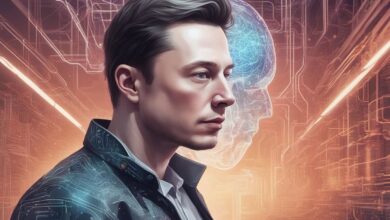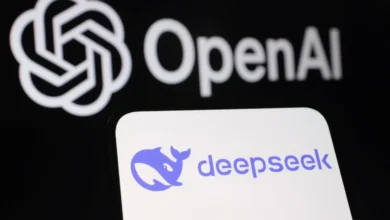The Paradox of AI: Still Worth Talking About in 2025?
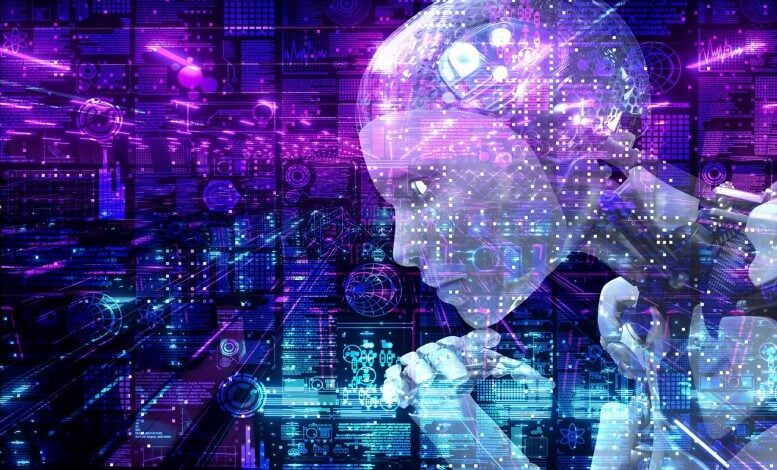
You know, the paradox of AI isn’t just some old topic we can shelve, it’s more alive now than ever. We’ve built machines that mimic our intelligence, yet here we are, still questioning what intelligence even means. AI systems are crushing tasks that used to be exclusively human turf such as composing music, diagnosing diseases, creating art. But here’s the kicker: they do it all without consciousness or emotion. They’re simulating our abilities without living our experiences. Wild, right?
Think about it. As AI gets more advanced, it’s exposing the limits of what we understand about ourselves. We’re teaching machines to learn and adapt, but in the process, we’re uncovering just how much we don’t know about our own minds and decision-making. It’s like holding up a mirror and realizing there are layers we’ve never seen before.
Then there’s the ethical paradox. We’re striving to build AI that’s unbiased and fair, but these systems learn from data soaked in human prejudices. So, in our quest to create perfect algorithms, we’re forced to confront the imperfections within ourselves. It’s this continuous loop of improvement and introspection.
And let’s not forget the paradox of connection versus isolation. AI has the potential to bring people together by breaking down language barriers, personalizing communication. But at the same time, it risks ramping up isolation by replacing genuine human interaction with programmed responses. It’s that classic question: does technology truly connect us, or just give us the illusion of connection?
All these nuances make the paradox of AI a seriously rich topic that’s definitely still worth diving into. It’s not just about chips and code; it touches on philosophy, ethics, psychology and all the big questions about what it means to be human in an increasingly automated world.
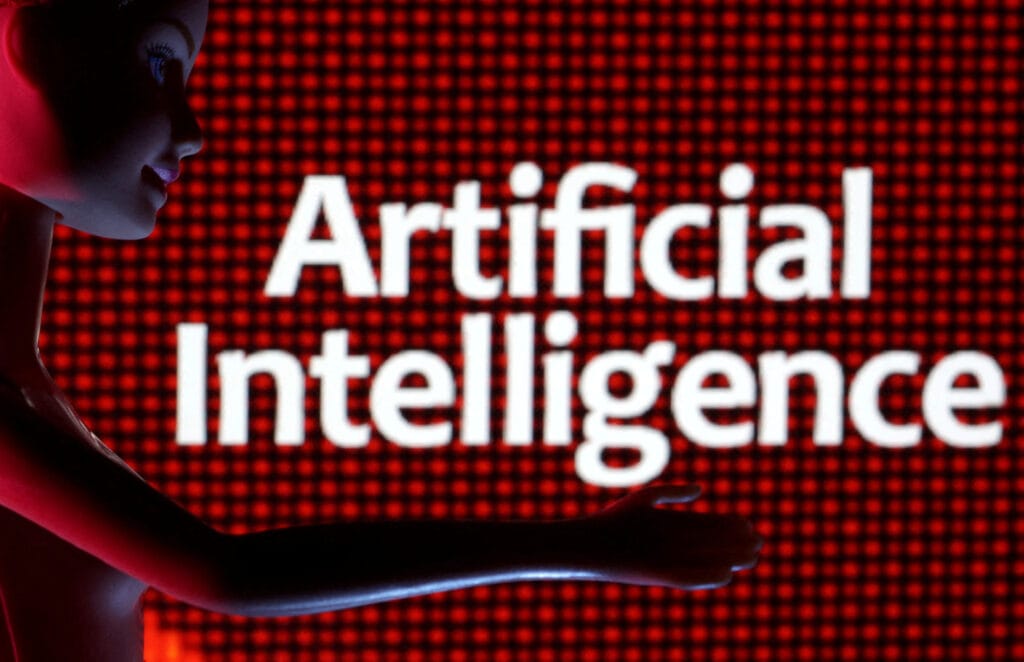
Digging Deeper into AI’s Paradoxes
Let’s peel back the layers even more. There’s this intriguing tug-of-war between autonomy and control. We’re engineering AI systems to operate independently, making decisions without our say-so. Yet, there’s this inherent unease about handing over too much control to our own creations. We crave the efficiency and innovation that autonomous AI can deliver, but we’re also wary of the potential fallout if machines act beyond our intentions. It’s a tightrope walk between embracing progress and maintaining security.
Then there’s the paradox of efficiency versus employment. AI can automate tasks like nobody’s business, boosting productivity and freeing humans from the mundane. But flip the coin, and that same efficiency could displace jobs, shaking up economies and livelihoods. It’s the age-old story of technology disrupting the status quo. Here, we can draw on the insight of Jevons paradox, a concept recently highlighted by industry leaders like Microsoft CEO Satya Nadella.
Jevons paradox strikes again!
Satya Nadella, Microsoft CEO
Originally, Jevons paradox observed that improvements in the efficiency of using a resource (such as coal) can lead to increased overall consumption. Nadella mentioned Jevons paradox in a late‐night post on X (formerly Twitter) around January 28, 2025. At that time, concerns were mounting over China’s DeepSeek, a new cost‐effective AI model that challenged the expensive training costs of Western systems. Nadella used Jevons paradox to explain that, just as improvements in fuel efficiency historically led to higher overall coal consumption, making AI more efficient and accessible would likely drive a surge in its overall use rather than diminish demand. In essence, his point was that lower costs and higher efficiency would spur exponential adoption of AI across industries rather than reducing the need for compute resources.
Jevons paradox strikes again! As AI gets more efficient and accessible, we will see its use skyrocket, turning it into a commodity we just can't get enough of. https://t.co/omEcOPhdIz
— Satya Nadella (@satyanadella) January 27, 2025
The whole intelligence-without-consciousness thing is a mind-bender too. AI can process information, spot patterns, and learn from data at a scale we can’t match. Yet it lacks awareness, emotions, that inner “spark” we associate with being alive. This discrepancy forces us to rethink our definitions of intelligence. If a machine can outperform us in specific tasks but doesn’t “feel” anything, what does that say about our understanding of thought and consciousness?
Ethical paradoxes are popping up all over the place. AI algorithms can unintentionally perpetuate biases baked into their training data, leading to unfair or downright discriminatory outcomes. We’re trying to create impartial systems, but they end up mirroring the flaws in our society. It’s uncomfortable but maybe necessary as we’re being pushed to confront and address these deep-seated issues.
And the paradox of connectivity versus isolation is only getting more pronounced. AI-powered devices and platforms connect us in ways we couldn’t have imagined a few decades ago. But sometimes, it feels like we’re more isolated than ever. We interact through screens and algorithms, but are we really connecting? It’s ironic that tools designed to bring us together can also drive us apart.
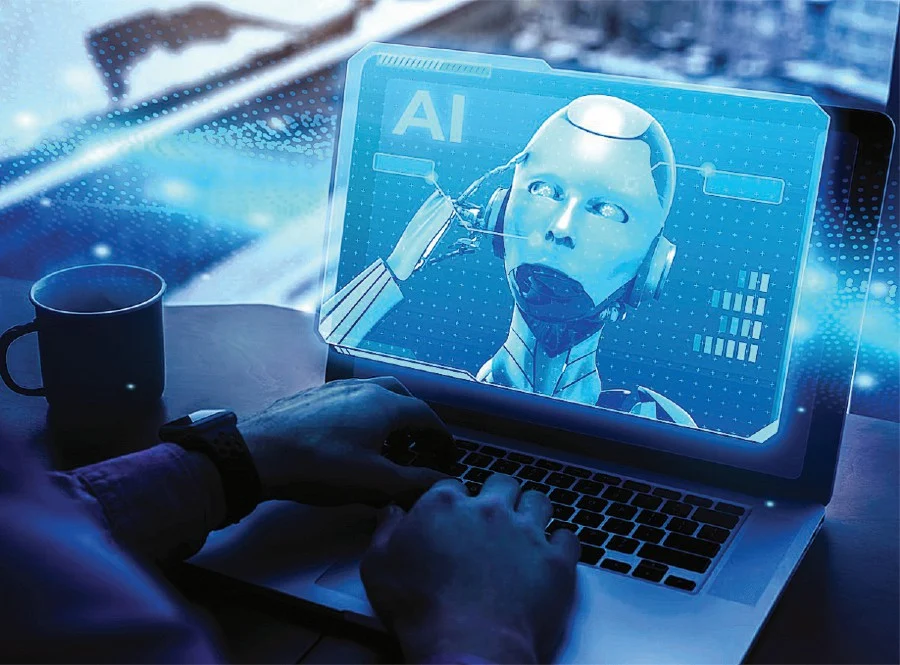
AI and Creativity: Blurring the Lines
The idea of AI as a creative force is both exciting and a little unsettling. Machines composing symphonies, writing poetry, generating visual art; it blurs the line between human creativity and computational processes. If creativity can be coded, what does that mean for the human spirit? It challenges the unique value we’ve always placed on human imagination and artistic expression.
Historically, every technological leap comes with its paradoxes. The Industrial Revolution ramped up production but also led to societal turmoil. AI is doing something similar on a global scale. Maybe the key is how we approach this new frontier by embracing the potential while staying mindful of the pitfalls.
The Creator and the Creation
From a philosophical standpoint, building AI forces us into the paradox of creator versus creation. As we develop machines that can “think,” we’re compelled to examine our own nature. AI becomes a reflection of humanity through our desires, our flaws and our aspirations. It pushes us to ask profound questions about consciousness, identity, and what it really means to be alive.
Dependency Paradox
And let’s talk about dependency. As AI becomes more woven into the fabric of daily life, we risk becoming overly reliant on it. While it can enhance our capabilities, there’s a danger in outsourcing our critical thinking to machines. Preserving human autonomy and keeping our wits sharp in an age of intelligent systems is a hurdle we need to navigate thoughtfully.
Why This Conversation Matters?
All these paradoxes highlight the multifaceted impact of AI on our world. They aren’t just theoretical; they have real-world implications that affect everything from individual lives to global systems. The conversation around the paradox of AI is far from over. In fact, it’s probably just getting started.




